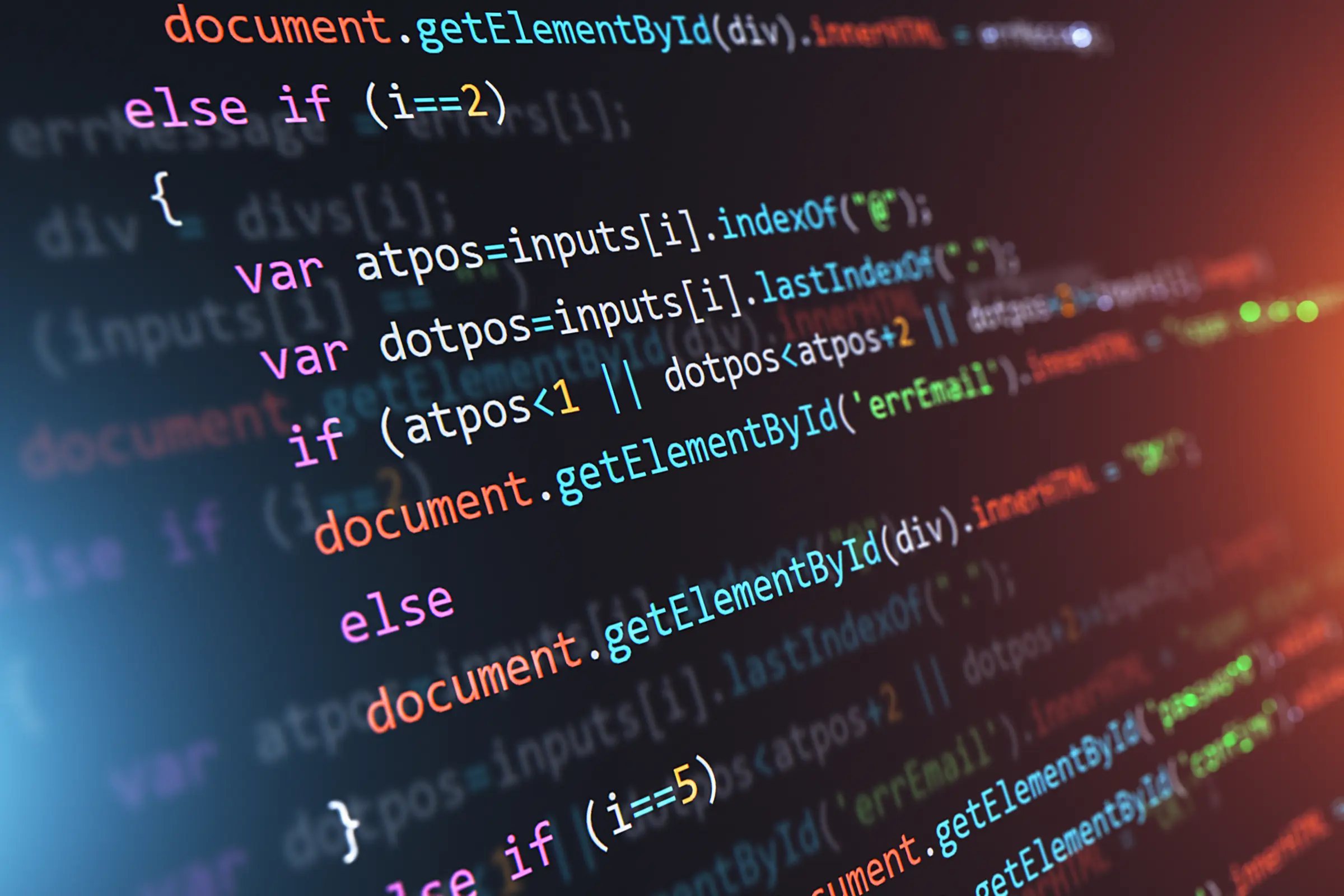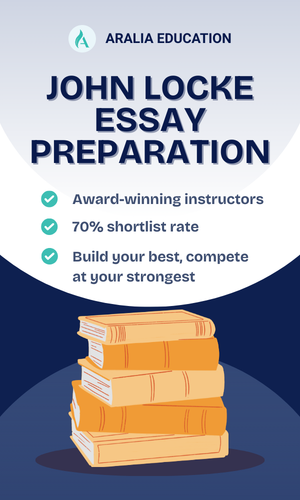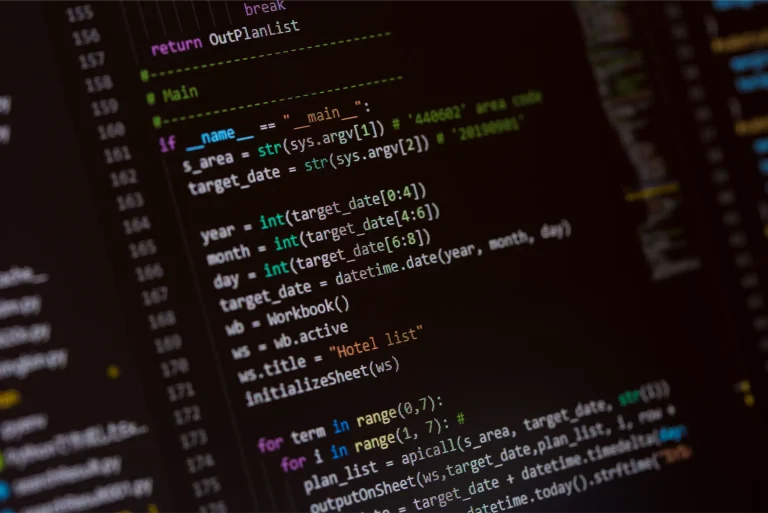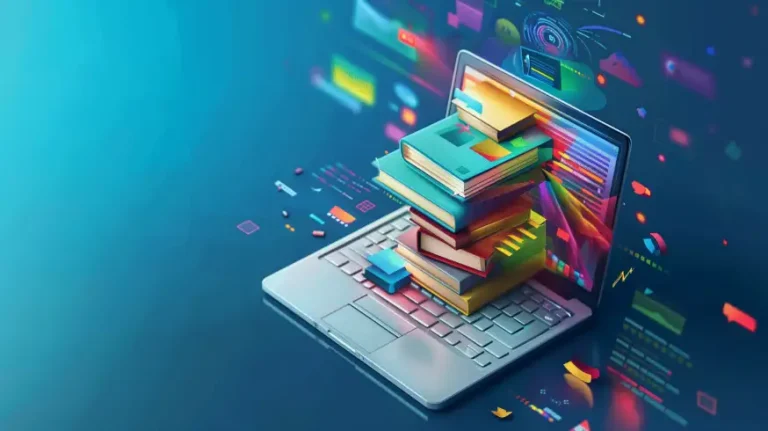Learning to code is like giving your brain a new language muscle. With dozens of languages out there, some with names like spells from fantasy novels, one might feel overwhelmed. Here’s the good news: you don’t need to learn the most difficult language to start building cool things. The best first step is picking a language that’s easy to understand, straightforward, and serves your main goal.
So, whether your goal is to build games, automate homework, launch a website, or understand the technology shaping your future, this guide will help you find the optimal programming language to start with.
Why Coding Matters in High School
Learning to code is like giving your brain a new superpower, a language for building apps, games, websites, and even art. But more than that, coding teaches you how to think critically, solve complex problems, and stay creative.
Even if you don’t plan to become a software engineer, coding is quickly becoming a core skill across all industries. For example, designers use code to create immersive digital experiences, or entrepreneurs use code to build prototypes and pitch ideas with a working app before hiring developers.
If you’re still on the fence, here’s what coding helps you do:
- Improve problem-solving skills
- Spark creativity through building projects
- Develop logic and structured thinking (great for standardized tests)
- Open doors to internships, independent projects, and future careers
Even if you end up studying medicine, art, law, or business, coding is becoming a core life skill, like typing or doing research online.
Aralia Students Shine on the Global Stage of the American Computer Science League
What Makes a Programming Language “Easy”?
When we say easy, we’re not saying “dumbed down.” These languages are powerful, but they have features that make them perfect for beginners:
- Clear, readable syntax that feels close to English
- Active communities with lots of tutorials, videos, and support
- Visual or interactive feedback that allows you to see the result quickly
- Real-world uses, so you can build something that makes an impact
The Easiest Programming Languages to Learn First
Here’s a curated list of beginner-friendly languages, including what they’re good for, how they work, and where to try them out for free.
1. Python
Why It’s Great
Python is often recommended as the first language to learn. It reads almost like English, and it’s versatile. Python is used in a wide range of applications, from data science and automation to web development and artificial intelligence.
What You Can Build
- A calculator or quiz app
- A to-do list
- A chatbot
- Simple games like rock-paper-scissors or snake
What It Looks Like
python
name = input(“What’s your name? “)
print(“Hello, ” + name)
Where to Try It
- HTML controls content
- CSS controls layout and design
- JavaScript controls behavior and interaction
- Personal blog or portfolio site
- Online resume
- Interactive stories
- Simple games or quizzes
3. Scratch
Why It’s Great
Scratch, developed by MIT, is a visual, drag-and-drop programming language. It’s great for middle schoolers or anyone who wants to build logic without worrying about typing code.
What You Can Build
- Interactive animations
- Platformer games
- Storytelling projects
- Music and art
Where to Try It
4. JavaScript (Standalone)
Why It’s Great
Once you’re comfortable with HTML and CSS, JavaScript lets you add interactivity. It’s widely used in app development, browser games, and even full-stack projects.
What You Can Build
- Memory games
- Timers and stopwatches
- Click-based stories
- Interactive data visualizations
Bonus
JavaScript can also be used in mobile app development and backend services. You can go from beginner to job-ready with one language.
5. Scratch to Python Path
For younger people, starting with Scratch and then transitioning to Python builds a strong foundation. It introduces programming logic in a gentle, visual way before diving into text-based code. Many schools and online programs follow this pathway.
Real-Life Examples: What Other High Schoolers Have Built With Programming Languages
High school students have built impressive beginner projects that earned national recognition and prizes by combining creativity with basic technical skills. For example, a team from Thomas Jefferson High School won first place at the Congressional App Challenge for developing “AnxietyHelper,” an app offering coping techniques and emergency contact features for users dealing with anxiety (Congressional App Challenge 2022). Another student, Emma Yang, created “Timeless,” a facial recognition app to help Alzheimer’s patients recognize loved ones, which gained media attention and support from tech nonprofits (Fast Company 2019). Similarly, high school students at various Major League Hacking (MLH) hackathons have won awards for simple but impactful projects, such as environmental sensors using Arduino or web apps that support mental health awareness. These examples show how beginner-friendly tools like MIT App Inventor, Python, and low-code platforms can lead to meaningful solutions and real-world impact.
With the right tools and great curiosity, you can turn your idea into something tangible, and maybe even help others!
Build a Strong Foundation in Computer Science
Choose the Language That Sparks Curiosity
one that gets you excited to keep learning and building. Start with something approachable, make something fun, and see where it takes you.
Whether you want to prep for college, build a project for class, or just explore something new, learning to code in high school is one of the most valuable and creative things you can do today. Even better, setting a goal can be a good way to start your coding journey. The American Computer Science League (ACSL) is one of those goals.
At Aralia, the ACSL Competition Prep program helps students build the skills and confidence needed to excel in the American Computer Science League. The course includes two weeks of foundational programming followed by focused sessions covering all 12 ACSL topics, with off-topic problems before each contest to boost problem-solving skills. Taught by a former computer science teacher and an award-winning ACSL coach, the program offers expert instruction and proven mentorship to help students strengthen their problem-solving abilities and prepare them for success. For more information, visit Aralia | ACSL Competition Prep.
Helpful Free Resources
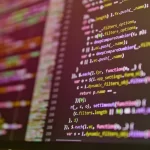
ACSL Competition Prep
The program begins with two weeks of dedicated programming practice to provide participants with an opportunity to enhance their skills. Subsequently, each of the 12 ACSL topics is allocated a two-week period, allowing ample time for in-depth exploration and understanding. Prior to each contest, participants are presented with two programming problems that are intentionally unrelated to the current topics. These problems are designed to enhance the coder’s skills and foster comfort in tackling diverse challenges.

